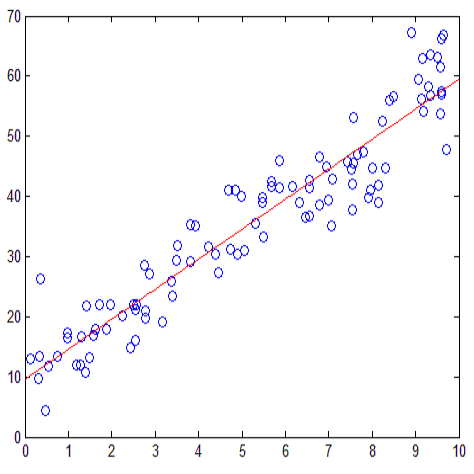A meta-model of the input-output data of a computationally expensive simulation is often employed for prediction, optimization, or sensitivity analysis purposes. Fitting is enabled by a designed experiment, and for computationally expensive simulations, the design efficiency is of importance. Heteroscedasticity in simulation output is common, and it is potentially beneficial to induce dependence through the reuse of pseudo-random number streams to reduce the variance of the meta-model parameter estimators. In this paper, we develop a computational approach to robust design for computer experiments without the need to assume independence or identical distribution of errors. Through explicit inclusion of the variance or correlation structures into the meta-model distribution, either maximum likelihood estimation or generalized estimating equations can be employed to obtain an appropriate Fisher information matrix. Robust designs can then be computationally sought which maximize some relevant summary measure of this matrix, averaged across a prior distribution of any unknown parameters.
翻译:计算费用昂贵的模拟的输入-输出数据元模往往用于预测、优化或灵敏度分析目的。适应是由设计实验促成的,对于计算费用昂贵的模拟来说,设计效率很重要。模拟输出的偏差性很常见,因此通过重新使用假随机数字流来减少元模型参数测算器的差异,有可能导致依赖性。在本文中,我们为计算机实验的稳健设计制定了一种计算方法,而不必承担独立或相同差错分布。通过将差异或相关结构明确纳入元模型分布,可以使用最大可能性估计或通用估计方程式来获得适当的渔业信息矩阵。然后,可以进行计算,以尽量扩大该矩阵的某些相关汇总计量,在任何未知参数的先前分布中平均使用。



